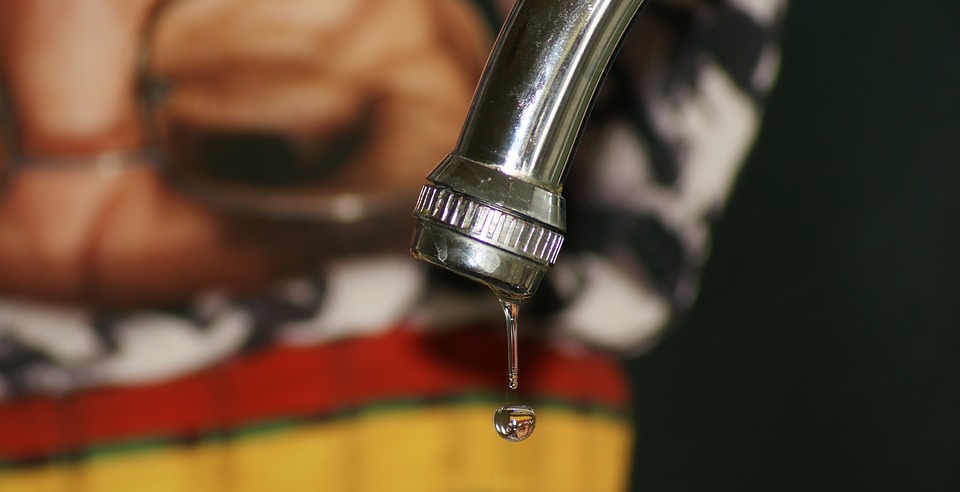
Almost every business faces plumbing problems from time to time. Understanding these problems and how to prevent them can help you run your business more smoothly and efficiently.
Commercial properties often have hundreds of miles of pipework running throughout them. These piping systems hold a large volume of water on any given day, making them prone to cracking, splitting, or bursting.
Clogged Drains
Clogged drains are one of the most common plumbing problems commercial buildings experience. They can be expensive to repair and cause serious damage if left unchecked. If you notice a clogged drain, contact a plumber immediately from aquatradeplumbing.com.au/plumbing-services-sydney/commercial-plumbing-sydney/
The best way to avoid these problems is to prevent them from occurring in the first place. You can do a few things to prevent clogged drains, including installing drain traps over sink openings and disposing of all grease and oil in the trash.
Our trusted commercial cleaners service in Annapolis delivers reliable and top-notch cleaning solutions to businesses, maintaining a pristine and professional work environment.
Another way to prevent clogged drains is by regularly cleaning your sink and toilet. Using a sink cleaner with baking soda can help keep your drains clean and clear of buildup.
It would help if you also disposed of paper towels and other waste items in the trash rather than throwing them down the toilet. It can prevent a large amount of waste from going down the drain.
Hair is another common cause of clogged drains, especially in bathroom sinks and tubs. It is because the hair strands can get stuck in the drain and create a blockage.
Soap scum is another cause of clogged drains, as soap can collect on the walls of your pipes. This soap scum can mix with water and form a sticky substance that is difficult to remove.
Essential oils can also clog drains, but they usually only cause a clog in small amounts. However, some oils like lavender oil and olive oil can harden up in pipes, causing them to clog.
Leaking Pipes
A broken or damaged sewer line is another common commercial plumbing issue that can cause water to flood your building’s internal pipes. It can damage your business or property, and it can also be hazardous to the environment.
Pipes can corrode and rust over time, especially if you have high water pressure. As the metal in the pipe corrodes, it weakens and may eventually leak or burst.
Rust corrosion can also contaminate your water supply, leading to bacteria swarms like legionella and giardia. It is why it’s important to conduct regular plumbing maintenance by a professional.
Leaks are a very common plumbing problem, and they can be a major nuisance. They can cause serious structural damage to your building and drive up your water bills significantly if you don’t take care of them quickly.
If you notice a low water pressure, this is a sign that there’s a leak somewhere in your plumbing system, and it’s best to call for help.
Running Toilets
While most of the common commercial plumbing problems can be resolved by homeowners, a few require professional assistance. These include running toilets, which waste gallons of water daily and can add significant extra charges to your monthly utility bill.
‘If your toilet is constantly running, there is likely an issue with the flapper seal or fill valve,’ says industrial maintenance specialist Jake Brandon (opens in new tab) of JBBrandon. ‘If the flapper is not sealing correctly, it’s fairly easy to replace. Simply disconnect the flapper from the flush chain and unsnap it from the flush tower. Once you’ve removed the old one, snap on a new flapper and reconnect the chain before turning back on the water supply.
‘Refill valves are a bit trickier to fix, but in most cases, they can be replaced without needing a plumber. It’s important to drain the tank first, then remove the lid and inspect the refill tube to see what’s causing it to run.
Water Heater Issues
A water heater issue is one of the most common plumbing issues that a commercial facility may face. While this problem isn’t a huge problem for a residential home, it can cause serious problems in a larger commercial building where many more people use the water heater than in the average home.
A water heater that doesn’t provide enough hot water is a big deal for businesses, especially restaurants and medical establishments, where meeting certain health regulations is critical. A commercial water heater needs to be inspected and maintained more frequently than a residential unit to ensure its functioning properly.
It’s always a good idea to ensure your water heater is well-maintained and insulated to prevent it from being overused and breaking down. It is especially important in commercial spaces where a broken water heater can result in a lot of inconvenience for both customers and workers.